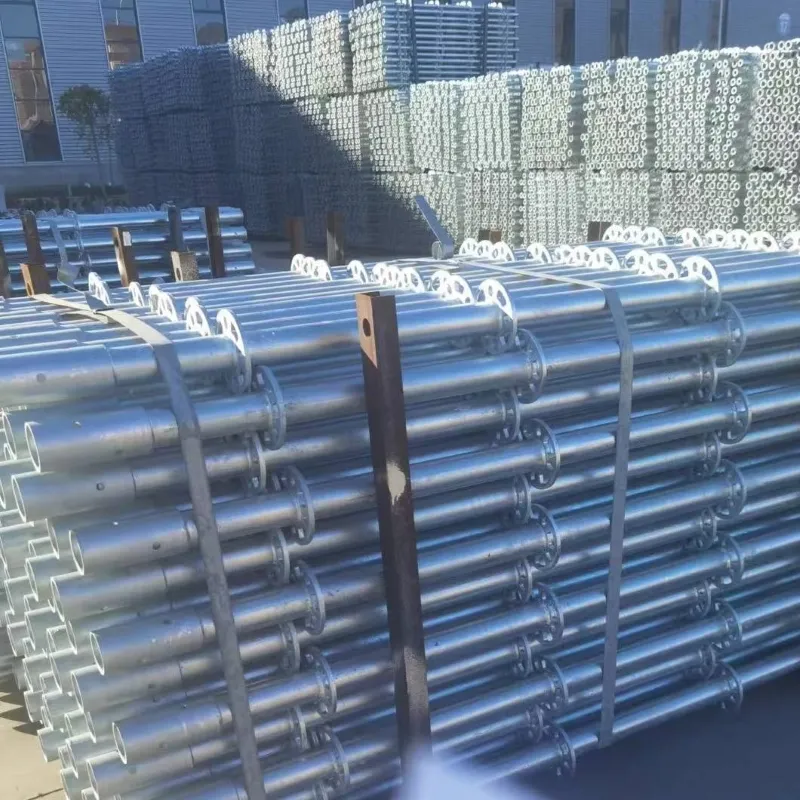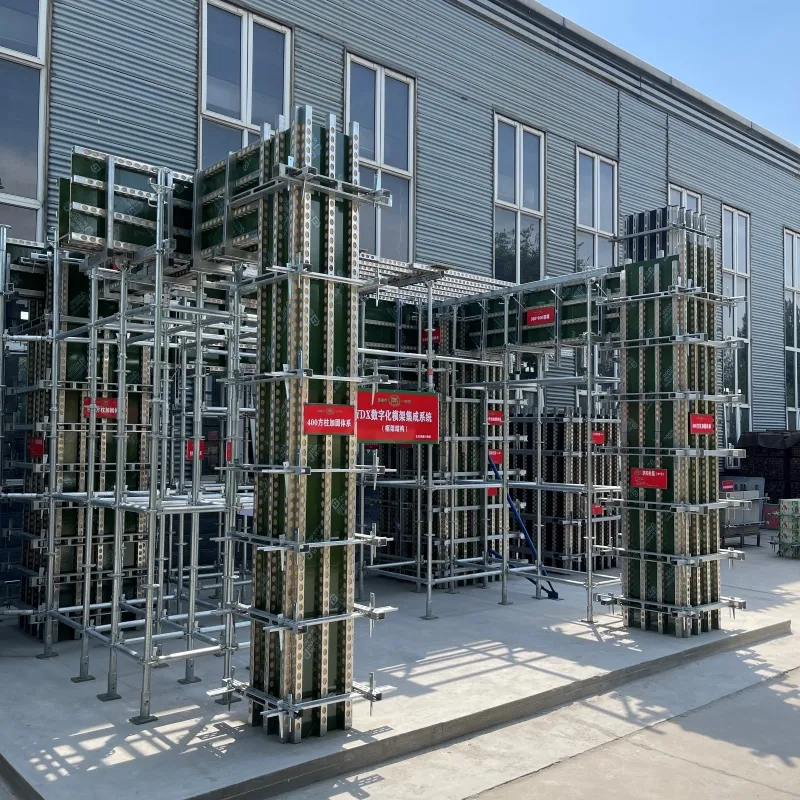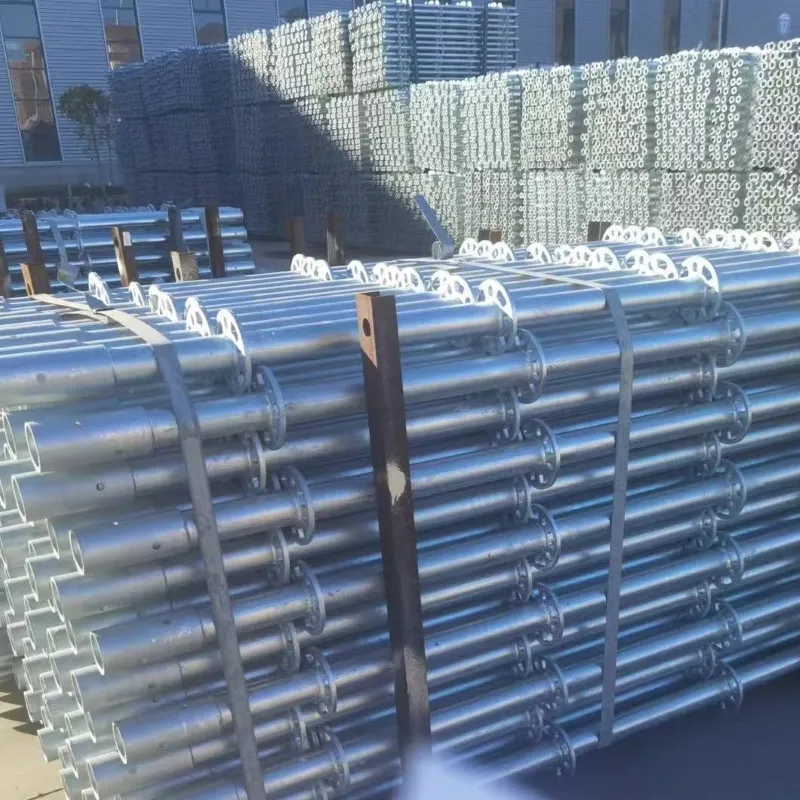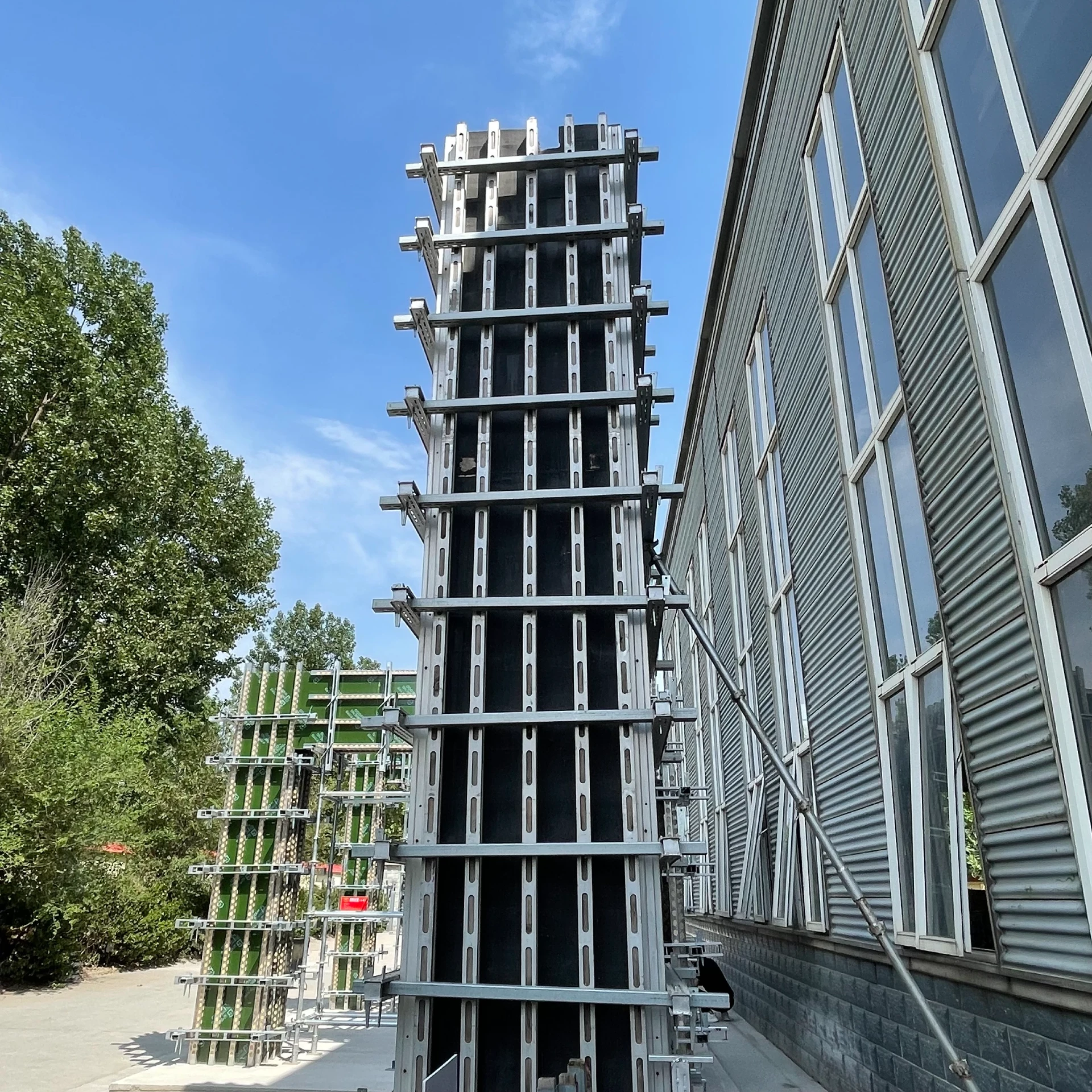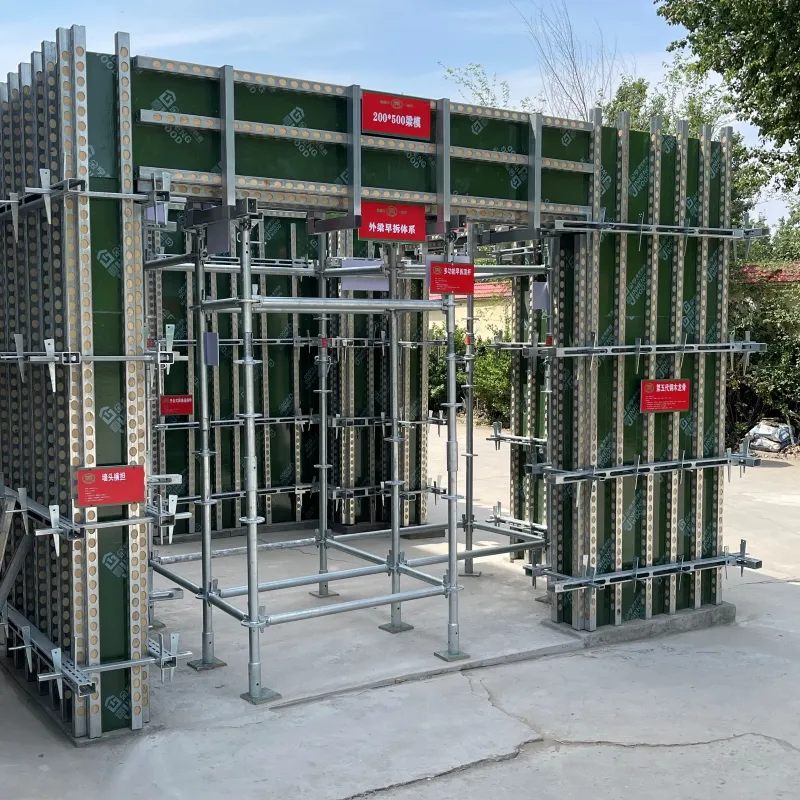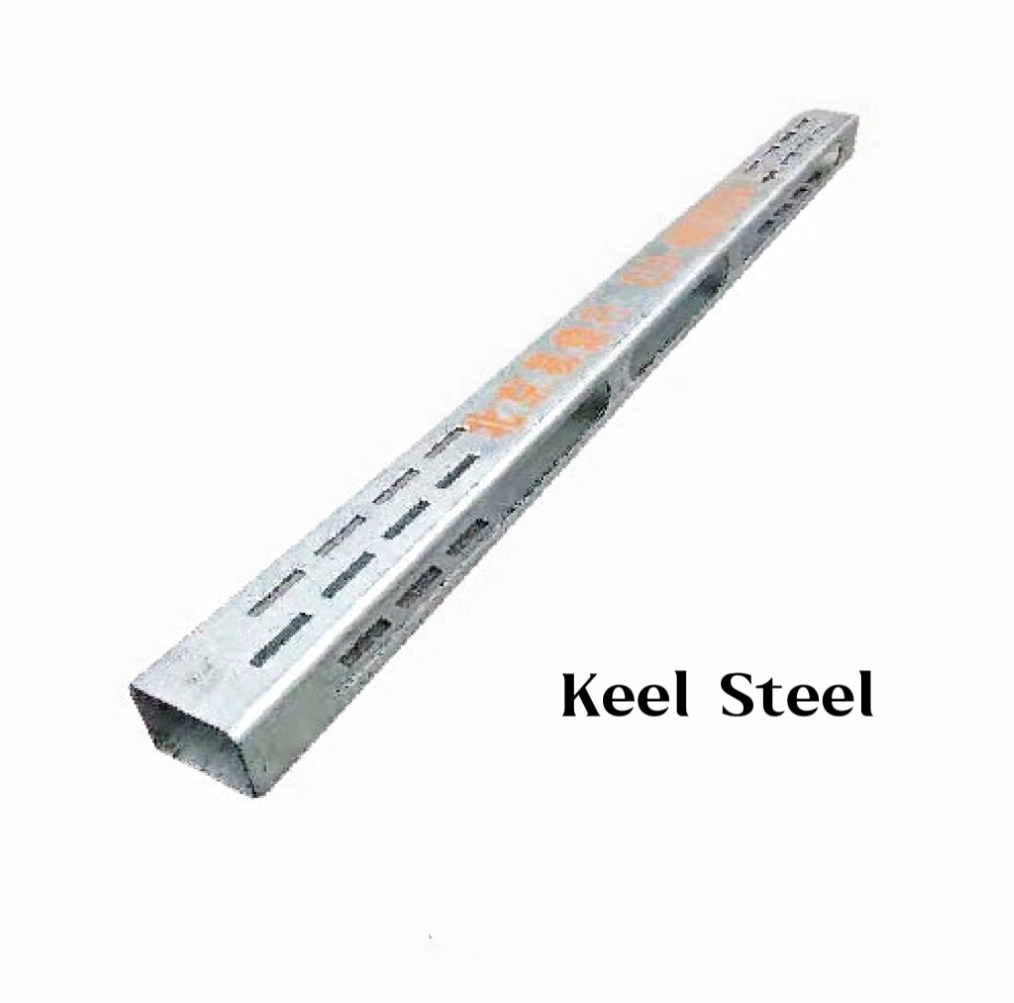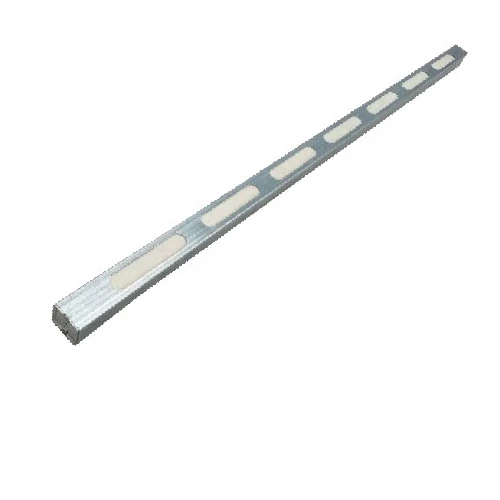
2月 . 20, 2025 05:25
Back to list
scaffold tube for sale
Metal tube scaffolding stands as an indispensable component in the construction industry, offering unrivaled support and flexibility. This article delves into the intricacies of metal tube scaffolding, shedding light on its composition, advantages, applications, and the key factors to consider when opting for such a scaffold system.
The range of applications for metal tube scaffold is extensive, encompassing residential, commercial, and industrial projects. In residential construction, it provides the ideal framework for façade repairs, roofing, and painting applications. Commercially, these scaffolds support large-scale infrastructure developments, from high-rise buildings to bridges. In the industrial sector, they're employed in maintenance and inspection tasks across factories, refineries, and other critical infrastructure due to their sturdiness and reliability. When selecting a metal tube scaffold system, several factors demand consideration to ensure optimal performance and safety. The load-bearing capacity is critical; understanding the scaffold's limits in terms of weight and pressure can prevent structural failures. The climatic conditions of the project site—whether it be high humidity, extreme temperatures, or heavy winds—also play a significant role in determining the type of metal used. Galvanized coatings, anti-rust finishes, and thermal treatments may be required based on these environmental factors. The purchase and rental options for metal tube scaffolds provide flexibility depending on project size and duration. Rental services offer cost-effective solutions for short-term projects, including logistics and maintenance as part of the package. On the other hand, purchasing scaffolds might make more economic sense for companies with ongoing construction activities, providing an opportunity for long-term financial savings and inventory control. In conclusion, metal tube scaffolding is a pivotal element in the world of construction, offering unmatched stability, versatility, and safety. Its adaptability to various project demands and environments makes it an invaluable asset. With proper consideration of material, safety standards, and logistical needs, construction firms can leverage metal tube scaffold systems to deliver successful and timely project outcomes. As advancements in materials and technologies continue to evolve, the future of metal tube scaffolding promises even greater innovations, reinforcing its role as a cornerstone in building and infrastructure development.
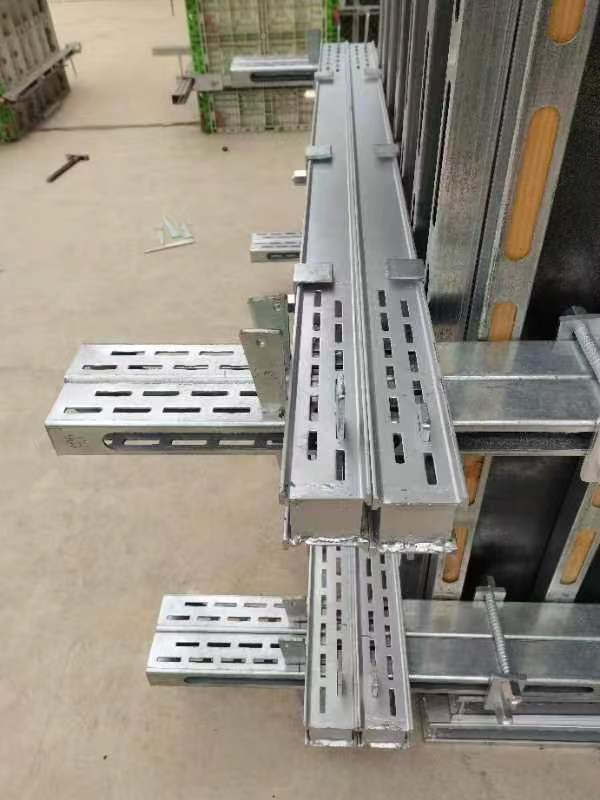
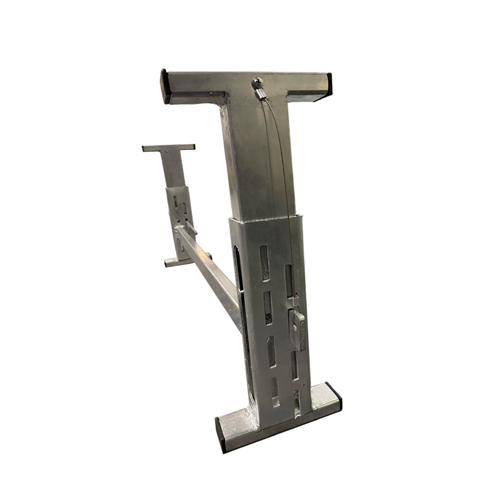
The range of applications for metal tube scaffold is extensive, encompassing residential, commercial, and industrial projects. In residential construction, it provides the ideal framework for façade repairs, roofing, and painting applications. Commercially, these scaffolds support large-scale infrastructure developments, from high-rise buildings to bridges. In the industrial sector, they're employed in maintenance and inspection tasks across factories, refineries, and other critical infrastructure due to their sturdiness and reliability. When selecting a metal tube scaffold system, several factors demand consideration to ensure optimal performance and safety. The load-bearing capacity is critical; understanding the scaffold's limits in terms of weight and pressure can prevent structural failures. The climatic conditions of the project site—whether it be high humidity, extreme temperatures, or heavy winds—also play a significant role in determining the type of metal used. Galvanized coatings, anti-rust finishes, and thermal treatments may be required based on these environmental factors. The purchase and rental options for metal tube scaffolds provide flexibility depending on project size and duration. Rental services offer cost-effective solutions for short-term projects, including logistics and maintenance as part of the package. On the other hand, purchasing scaffolds might make more economic sense for companies with ongoing construction activities, providing an opportunity for long-term financial savings and inventory control. In conclusion, metal tube scaffolding is a pivotal element in the world of construction, offering unmatched stability, versatility, and safety. Its adaptability to various project demands and environments makes it an invaluable asset. With proper consideration of material, safety standards, and logistical needs, construction firms can leverage metal tube scaffold systems to deliver successful and timely project outcomes. As advancements in materials and technologies continue to evolve, the future of metal tube scaffolding promises even greater innovations, reinforcing its role as a cornerstone in building and infrastructure development.
Share
Latest news
-
The Impact of Weather Conditions on Scaffold Platform PerformanceNewsAug.01,2025
-
The Fundamental Role of Steel Keel in Building StructuresNewsAug.01,2025
-
The Advantages of Aluminium Scaffolding for Sale in the Construction MarketNewsAug.01,2025
-
Supply Chain Optimization in Joist Reinforcement Plate ProductionNewsAug.01,2025
-
Material Grades and Their Significance in Column Rebar SelectionNewsAug.01,2025
-
How to Select the Right Timber Steel for Structural ApplicationsNewsAug.01,2025
-
The Importance of Reinforcement Bar in ConstructionNewsJul.11,2025
Related Products




